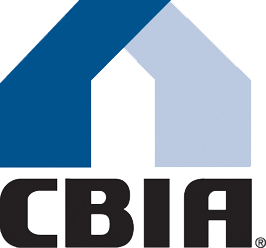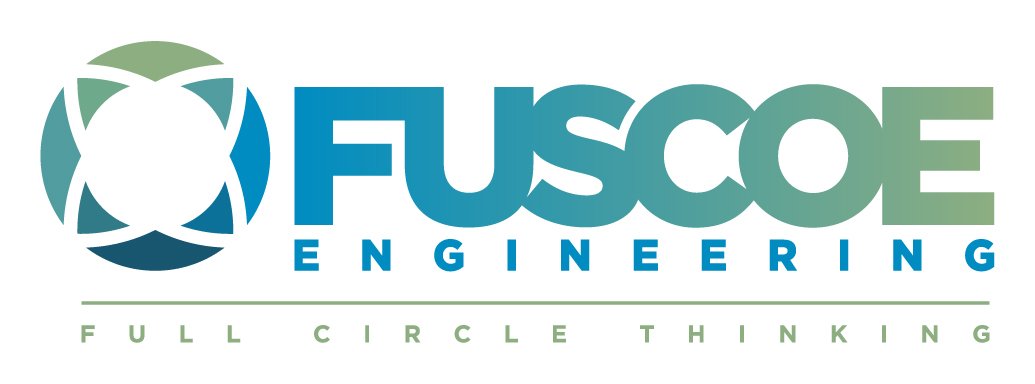by Phillip B. Burum, DR Horton,
President, Building Industry Association (BIA) Baldy View Chapter
If you are among the millions of Americans considering the purchase of a new home, July was a very good month for you. Several weeks ago, the Federal Reserve reduced the key short-term Federal Funds Rate by 25 basis points to a top rate of 2.25 percent. While adjustments to the Fed rates do not necessarily mandate adjustments to mortgage rates, they typically trend in the same direction. Today is a great day to start preparing for the purchase of your new home.
According to Robert Dietz of the National Association of Home Builders (NAHB) Eye on Housing publication, “(t)his policy change is good for housing and home building, which continue to face housing affordability headwinds in spite of favorable demographics.” In the era of the affordability crisis, any adjustments that offer potential savings are a blessing to homeowners and potential homeowners.
Purchasing a home is, for most Americans, the biggest and best investment they will make in their lifetime. Often, the price of the home and the current optimal lending rate, however, take a backseat to the borrower’s credit score when it comes time to determine purchasing power and affordability. A credit score can make or break an opportunity to buy a home. So, the first step in shopping for a new home is to check one’s credit score.
A free credit report can be obtained from www.annualcreditreport.com. This is the only service authorized by federal law. This site allows you to request a free credit report online, by phone or by mail once every 12 months from the three credit reporting companies, Equifax, Experian and TransUnion.
Lenders use a variety of scoring models to measure creditworthiness, but the one used by most lenders is the FICO or FICO Classic score, created by the Fair Isaac Corporation. FICO scores range from 300 to 850 with higher numbers being better than lower scores.
FICO scores are calculated based on five different categories; amount of debt, payment history, length of credit history, utilization or mix of credit used and new credit obtained or applied for. Each of the three major credit reporting agencies will use these same categories in calculating the score but the weight each carries in the overall score will vary from agency to agency.
Credit reports are organized into sections detailing your personal information, a credit summary, your account information, additional inquiries (other potential creditors who also want to examine your credit history) and collections and public records. Should one score from the three reporting companies be considerably different than the others, find out if it is due to a mistake or an issue with a current lender. If so, contact them immediately and follow up every conversation with a letter summarizing the discussion.
Scoring agencies will provide information about problem areas such as late payments or having too many open lines of credit. These issues can be corrected over time by making prompt payments, paying more than the stated minimum payment and lowering existing balances.
As a rule of thumb, carrying debt of 30 percent or less of the maximum allowable credit is a positive for your credit score, 20 percent is even better. At the risk of falling into the category of Captain Obvious, paying down debt is often the fastest way to improving your credit score.
If your scores are all already north of 800, you should start shopping for your home today. If any fall below 700, consider taking some time to clean a few things up before getting loan proposals. You may even consider meeting with a credit repair consultant, especially if some of the issues affecting your score are based on old, or even inaccurate information.
The best interest rates and most favorable lending terms are reserved for those that present the least risk. A higher credit score is indicative of a lower credit risk. For context, if the home you are acquiring requires a mortgage of $300,000, 50 basis points on the interest rate will cost (or save) about $90.00 per month in mortgage payment. Your credit score can be more impactful to your monthly payment than the price of the home itself.
For additional information on homebuying, home improvements or the benefits of homeownership, go to www.biabuild.com on the web.
*****

















